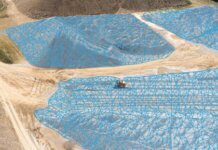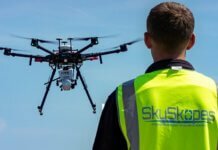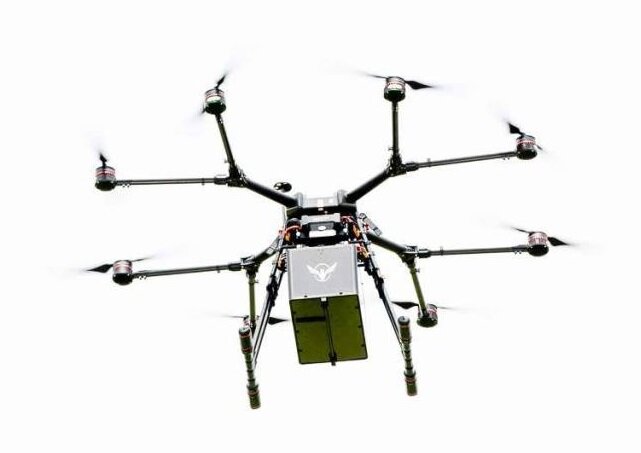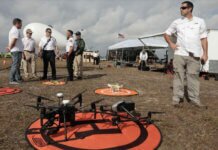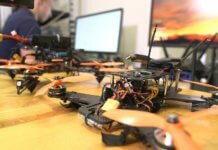A consortium led by humanitarian aid organization Direct Relief has completed a testing program to deliver temperature-controlled medicines and vaccines by using unmanned aerial vehicles (UAVs).
The initiative was the fourth in a series of proof-of-concept missions the group has undertaken to demonstrate the potential of using UAVs to safely deliver these items to hard-to-reach locations. Direct Relief, Merck, Softbox, AT&T and Volans-i are working together on the project.
The pilot was conducted in the Bahamas, and the group previously completed test flights in Switzerland and Puerto Rico.
“Experience and research consistently show that those most at risk of health crises in disasters live in communities which are likely to be cut off from essential health care due to disruption of transportation and communications,” says Andrew Schroeder, who leads analytics programs, data visualization and geospatial analytics for Direct Relief. “Drone delivery is one of the most promising answers to this problem. More remains to be done to operationalize medical cargo drones in emergencies. But successful tests like this one demonstrate that remarkable new humanitarian capabilities are emerging quickly.”
“This successful pilot demonstrates the potential of innovative UAV technology to aid in delivery of temperature-dependent medicines and vaccines to people who critically need them,” adds Craig Kennedy, senior vice president of supply chain at Merck. “The potential of UAV technology is just one of the many areas in which we are innovating across our business and our supply chain to maximize our ability to save and improve lives around the world.”
The pilot test was conducted fully autonomously with cold-chain delivery technology, allowing for precise temperature control of medicines and vaccines at temperatures as low as -70 degrees C. It used live, continuous temperature tracking through the duration of the flight with cloud-based, real-time data analysis and collection.
In the test, a drone flew over open water between the islands of the Bahamas beyond the operator’s line of sight. Volans-i built and operated the all-electric drones, and the temperature-controlled payload box was developed by Softbox and connected by AT&T. Merck initiated the idea and provided supply-chain expertise.


